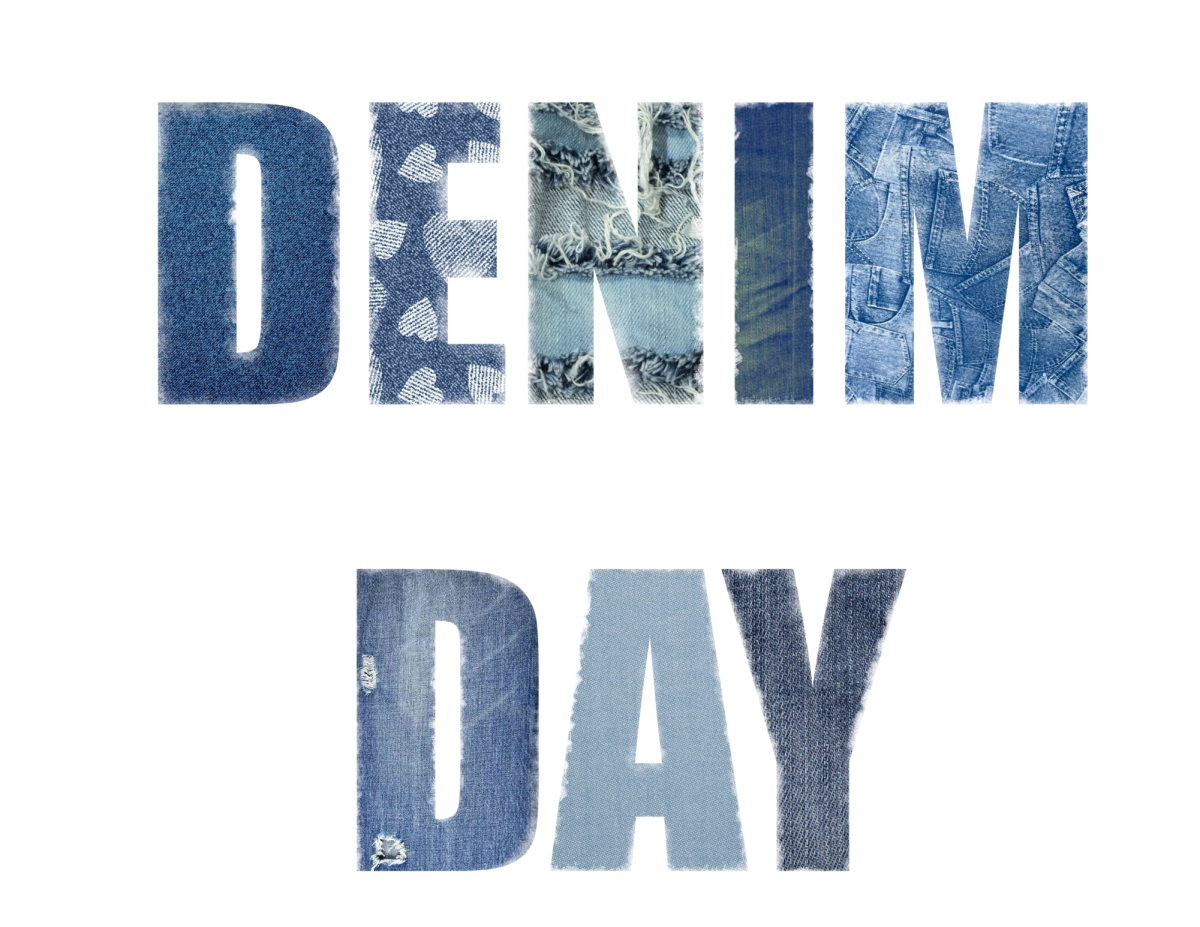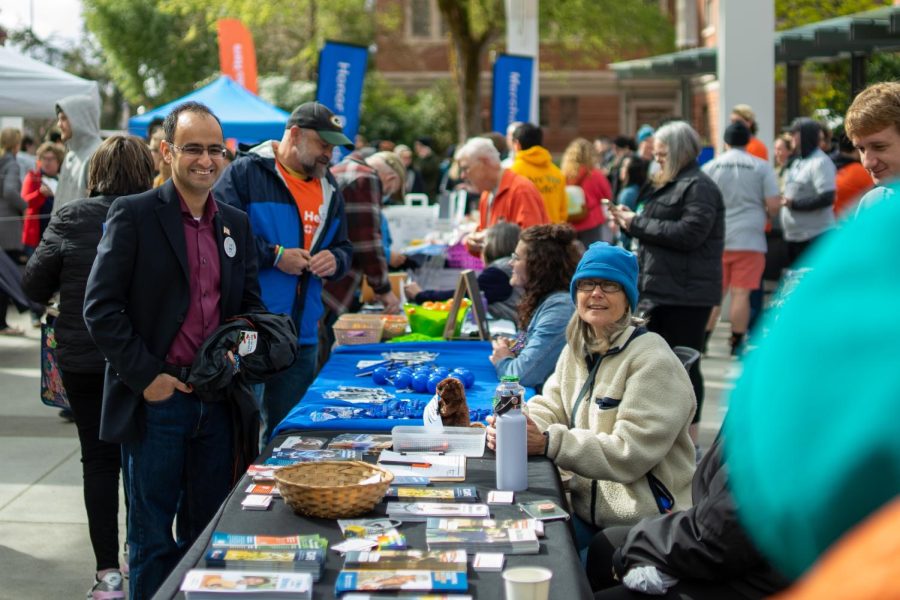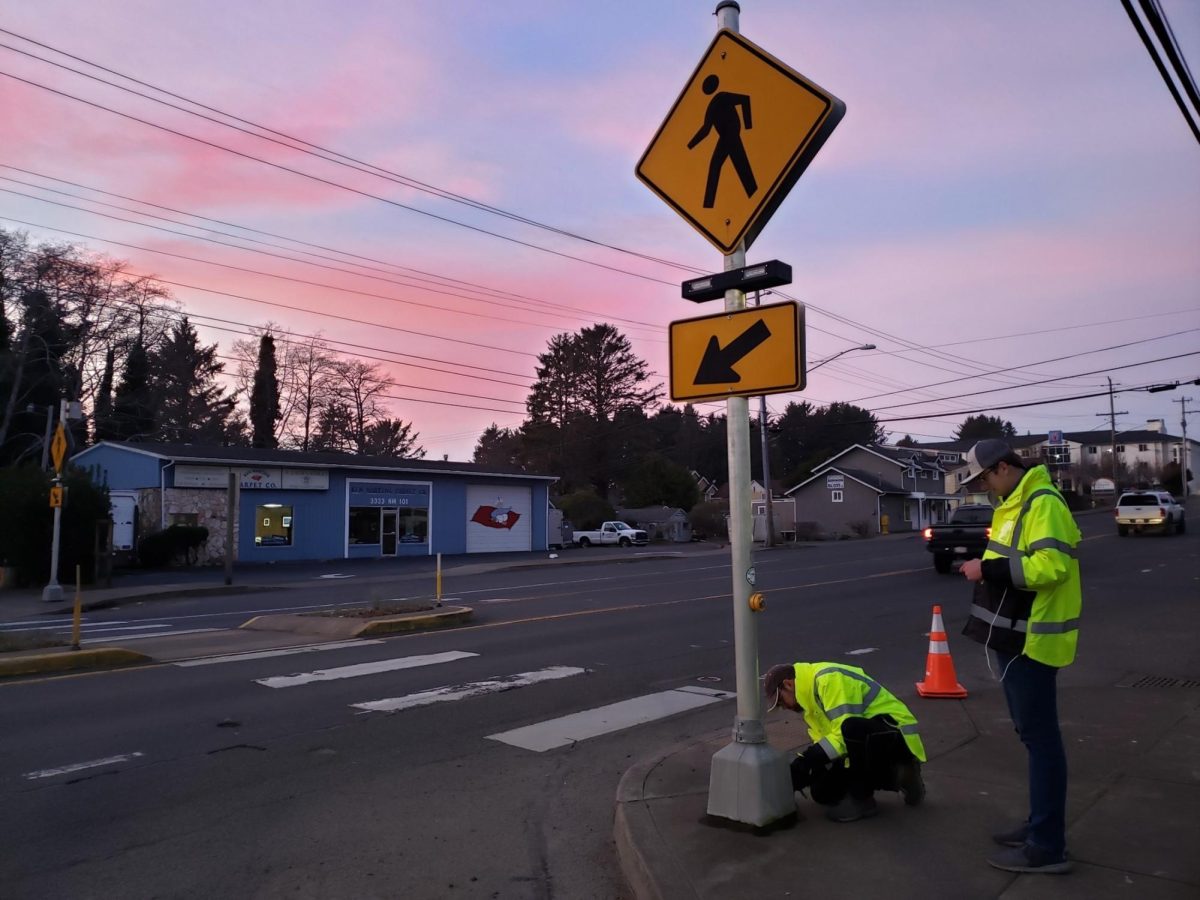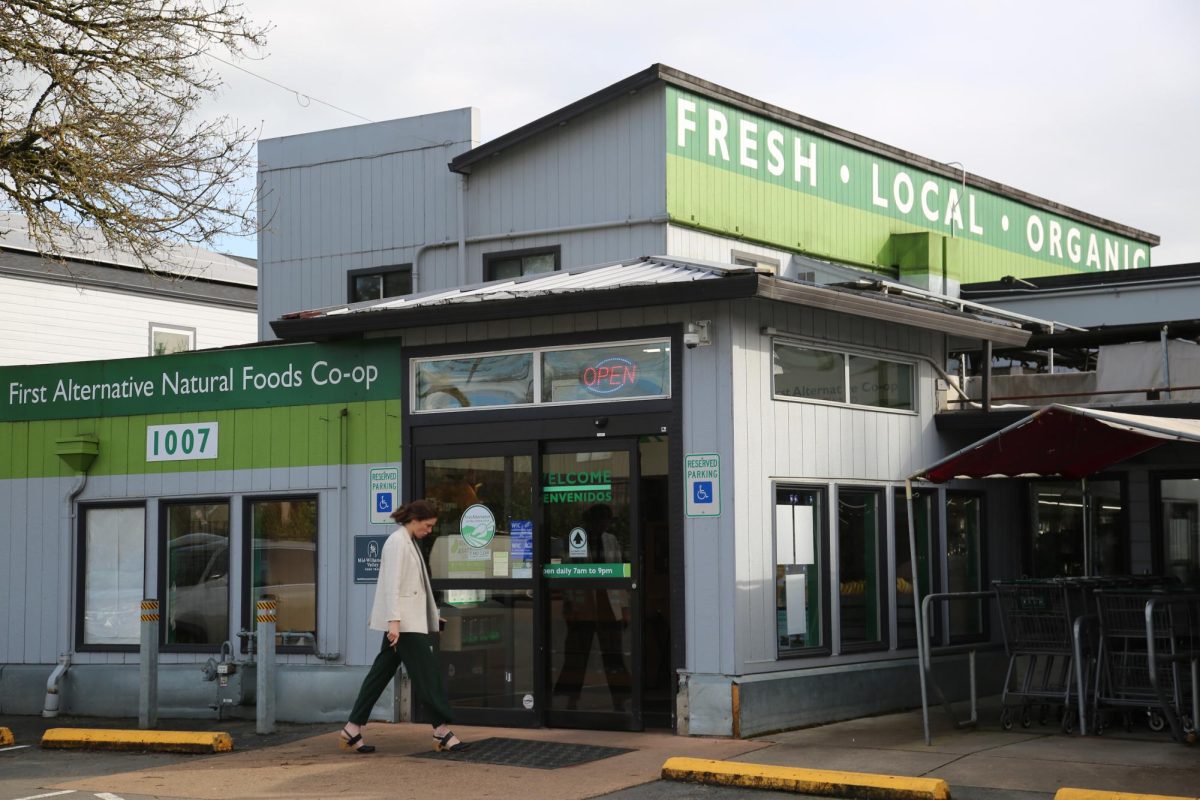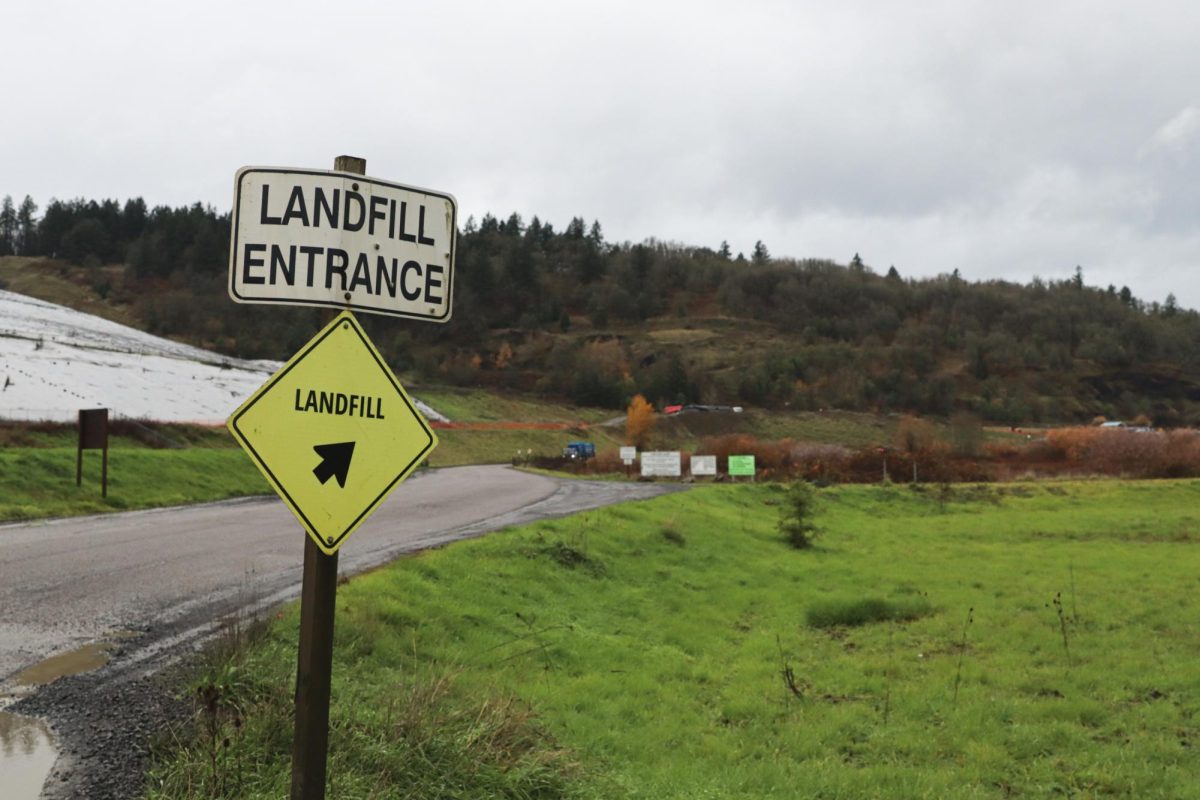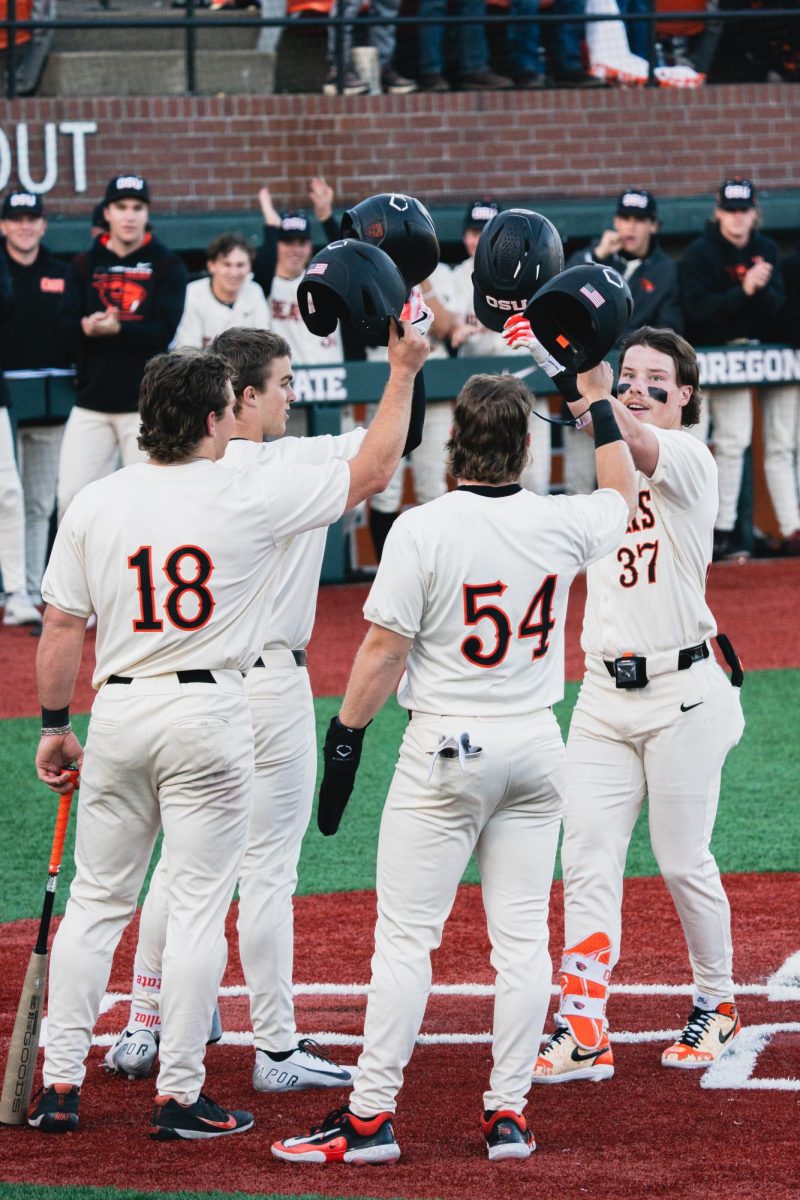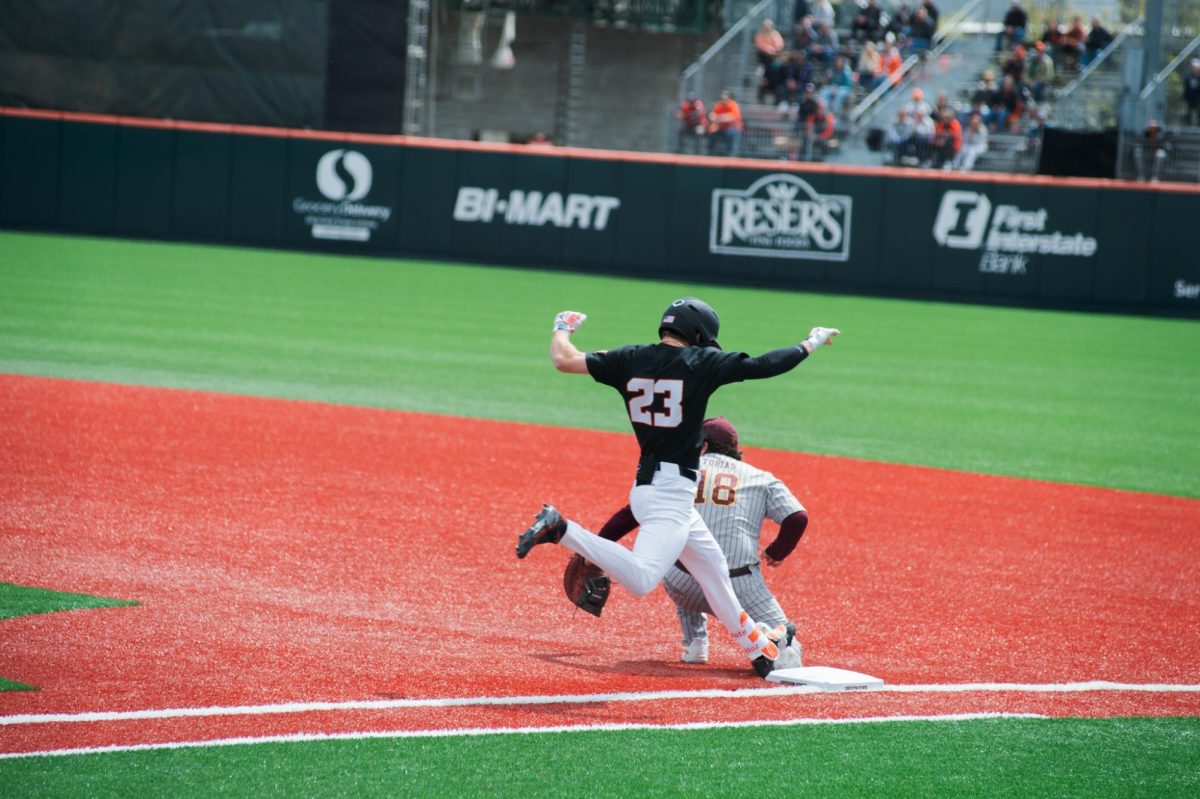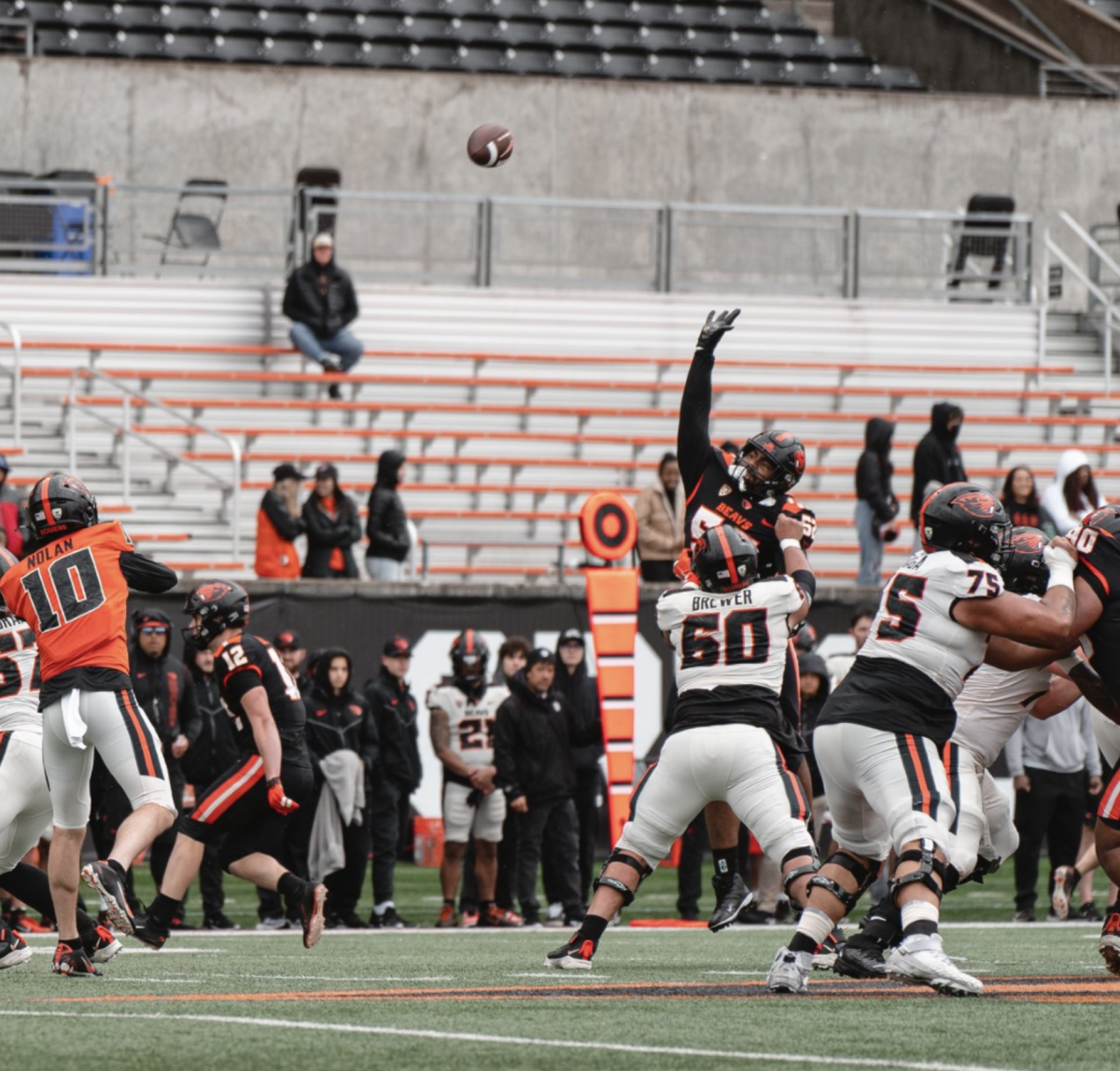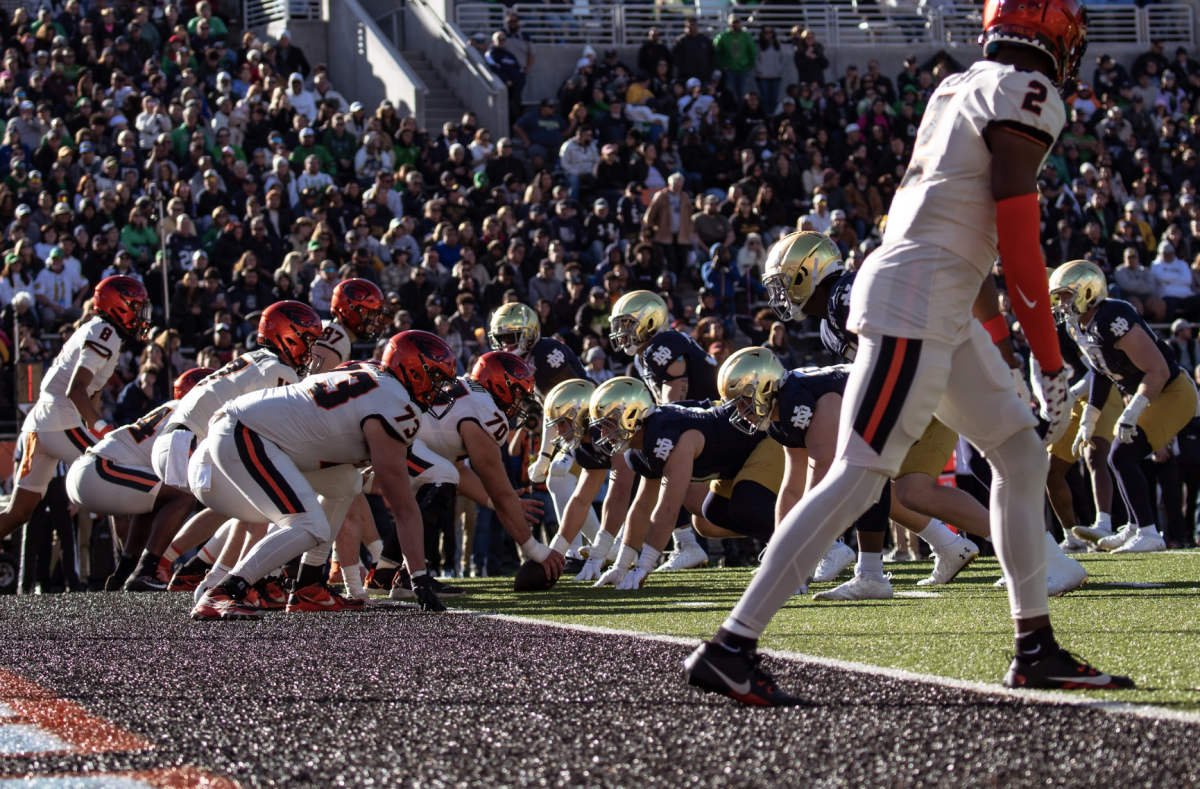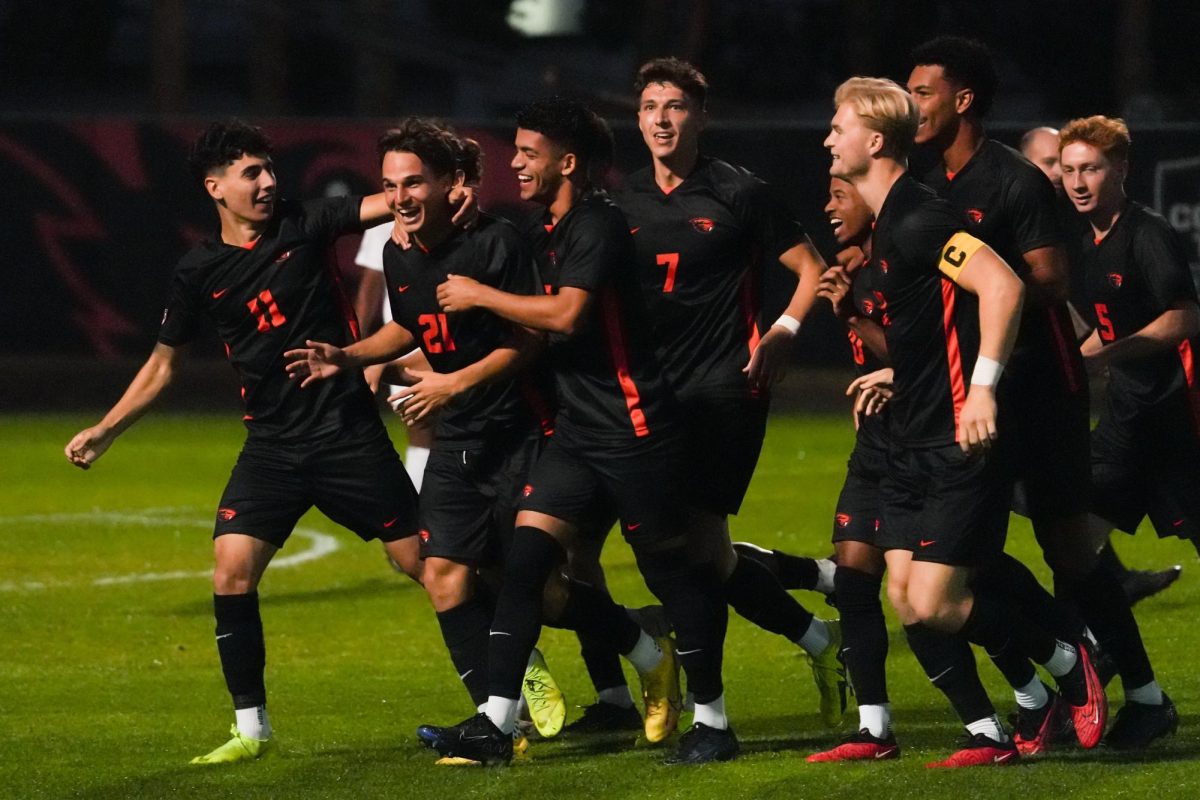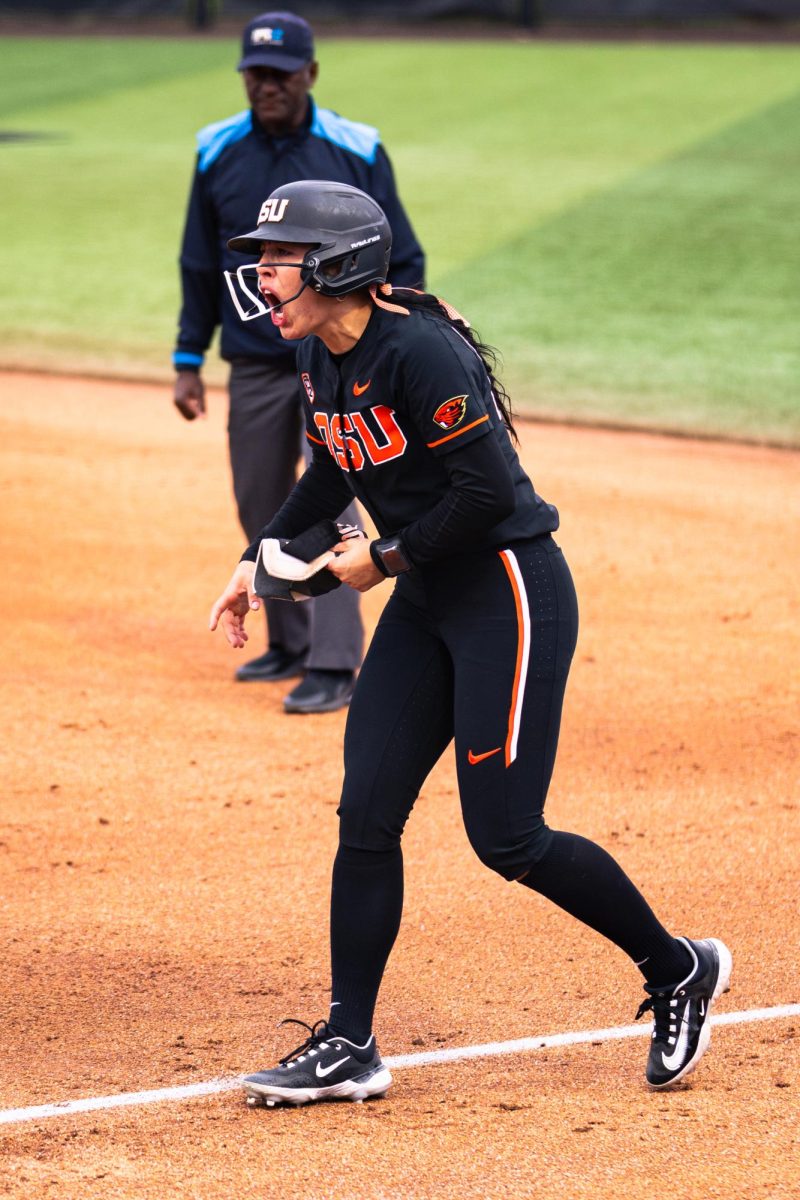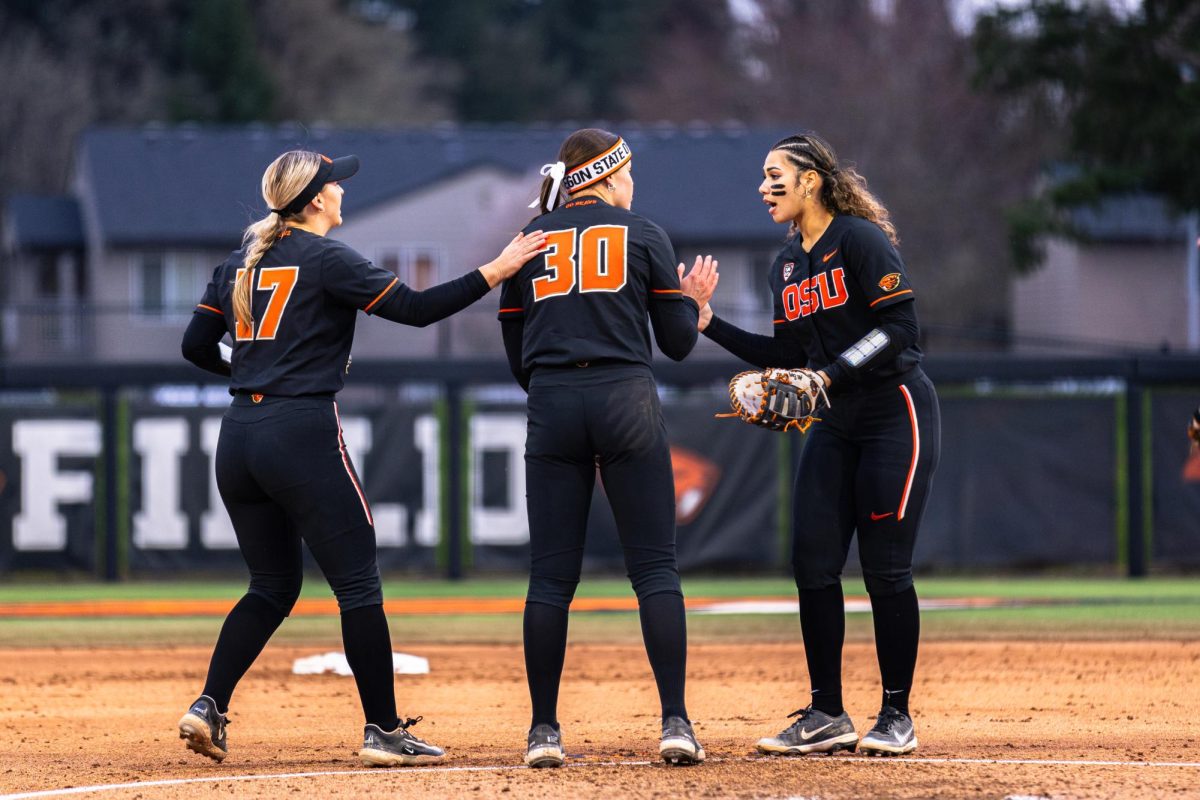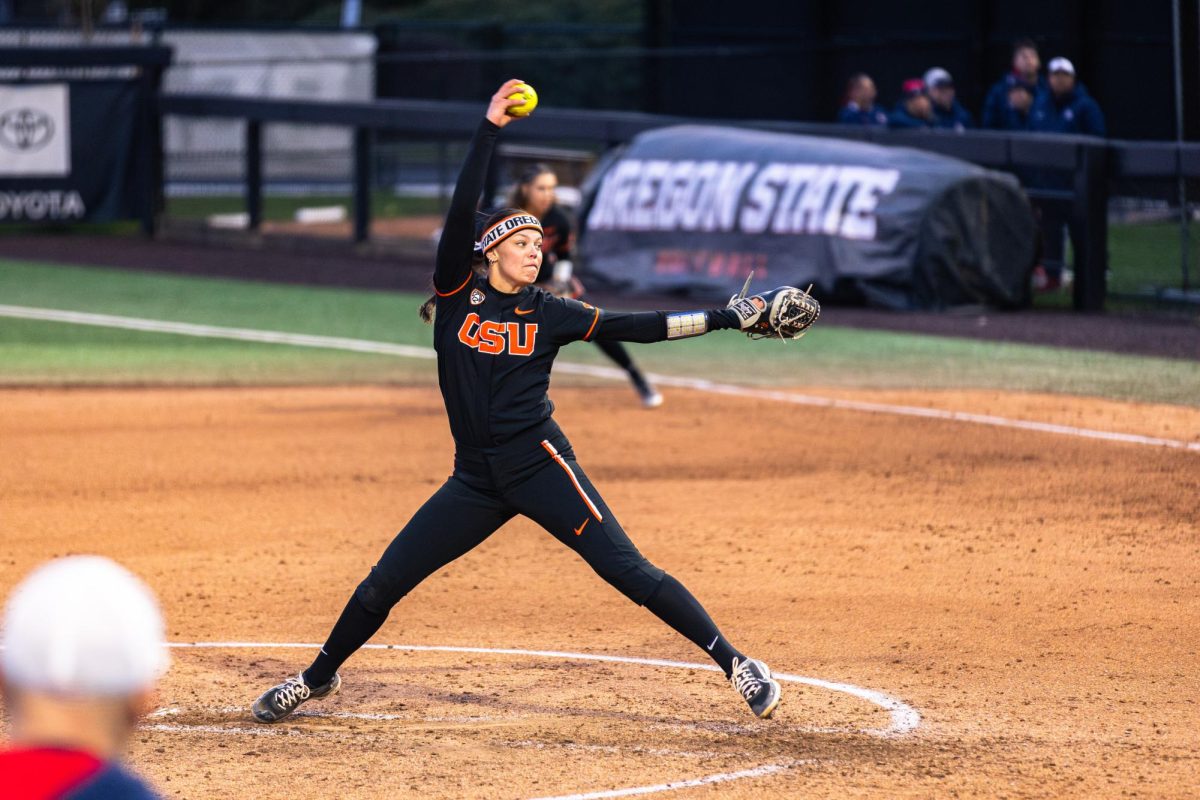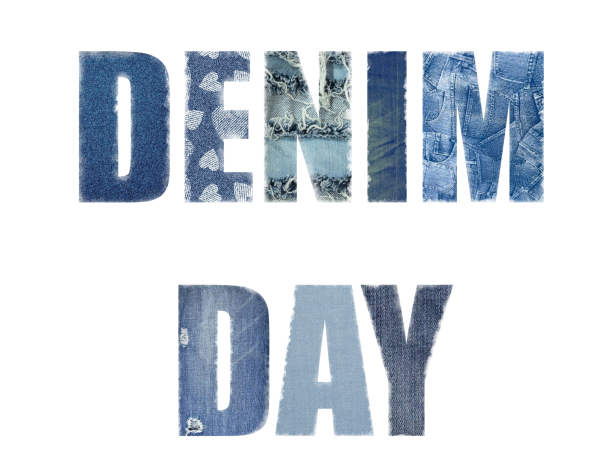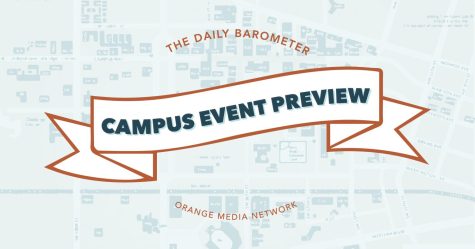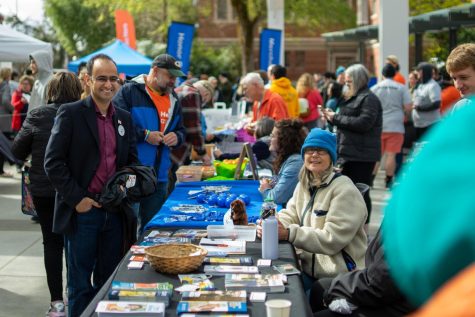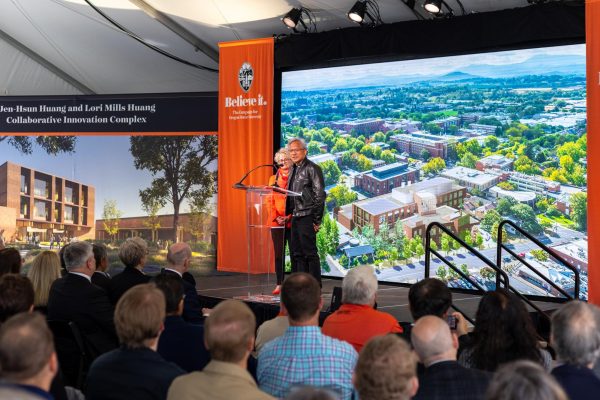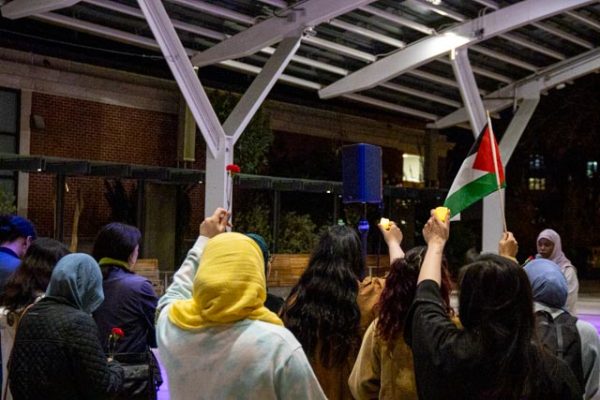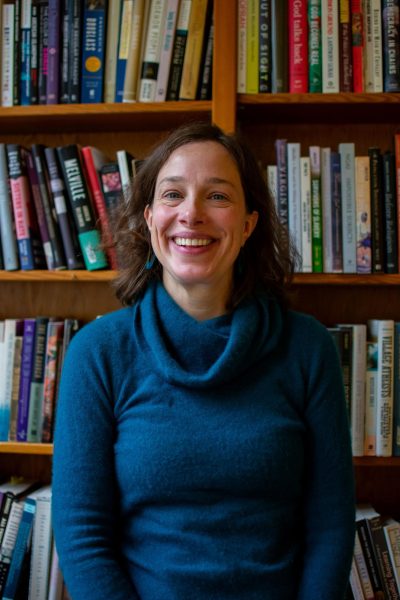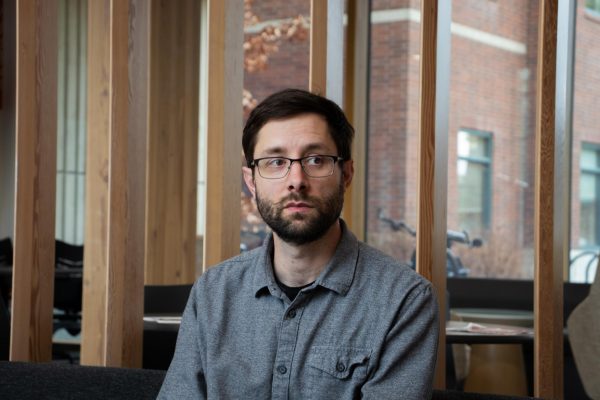Breaking a fast, breaking cultural divides
June 7, 2017
At 8:55 p.m. sharp, a crowd of people bit into wrinkly dates, washing them down with milk. For Muslim students, milk and dates are the traditional staples with which they break their daily fasts during the month of Ramadan.
On Tuesday night, the Muslim Student Association put on the Iftar Community Dinner to bring together Muslim students and community members and to welcome non-Muslims to share in one of the iftar meals during the month of Ramadan.
Iftar is the name for the meal eaten at the end of the day during the fast. From sunrise to sunset every day during the Arabic month of Ramadan, Muslims abstain from all food and drink, as well as other indulgences. Ramadan’s beginning and endings are determined by the lunar calendar; this year it began on May 24 and will end on June 24.
Tuesday night’s events began at 8 p.m. with a brief lecture from Dr. Yosof Wanly, a visiting lecturer at Oregon State University, on some of the core purposes of Ramadan and connections to other religions, then the call to prayer at 8:55 p.m. led into the breaking of the fast. Muslims went into prayer rooms soon thereafter to pray, and then everyone enjoyed a meal together.
Generally, families come together to break the fast with iftar at sunset, but for most students, being with family is not an option. Sarra Hawash, a freshman at Oregon State, is celebrating Ramadan differently than usual.
“Usually I’m either in Palestine with my family, or I’m at least in Portland with my family celebrating Ramadan, so this is my first time away, which is really different,” Hawash said. “But the community here is really great.”
Hawash expressed how, although it’s not quite like home, being surrounded by friends who she can celebrate with makes being away from family more bearable.
Two juniors, Athirah Baharuddin and Manirah Mahmad, are international students from Malaysia. In the years that they’ve studied here, they learned to adapt to practicing Ramadan in a completely different country without their families nearby. They often go to the local mosque, which provides iftar meals, community and a place for them to pray.
“This is my very first time coming to this kind of event. I’m so thankful for Muslim Student Association of Oregon State University to reach this kind of event, it’s really nice,” Mahmad said.
The event provided a special opportunity for unity and education.
“I’m really happy that people from different backgrounds and religions get together and get to know each other and understanding more about not just ourselves, but what [Ramadan] means to us,” Baharuddin explained.
Azeem Hussaini, the president of the MSA from now until spring 2018, addressed the poignancy of the event.
“I think the timing of the event is crucial,” Hussaini said. “We just had the stabbing, triple stabbings, in Portland. So we wanted to create a sense of community, so we can feel more secure, you know? And have the broader campus come, and the broader community come, because it’s all community members, and this is the first time they’re ever exposed to Muslims, or, you know, the Muslim culture, so it’s really cool to have that exposure here at OSU. And we’re putting it on, so it comes from the right places.”

